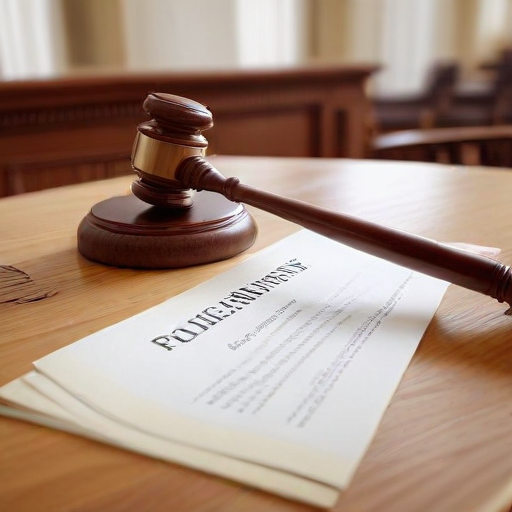President-elect Donald Trump has made no secret of his intention to hold his political opponents accountable. Recently, House Republicans have provided a new avenue for Trump by recommending that former Republican Representative Liz Cheney be investigated by the FBI for her role in the January 6, 2021, Capitol attack probe.
Trump expressed his concerns about Cheney on his social media platform, Truth Social, where he remarked that she “could be in a lot of trouble” following a report issued by House GOP Representative Barry Loudermilk. This report accuses Cheney of colluding with Cassidy Hutchinson, a former Trump White House aide whose testimony significantly impacted the investigation by the January 6 committee.
Loudermilk’s report claims there is substantial evidence suggesting Cheney may have violated federal laws while serving as vice chair of the January 6 Select Committee, and that the FBI should look into these alleged violations. Despite Trump’s earlier claims that he would not instruct associates to prosecute political rivals, the political climate within his circle suggests that they share his grievances regarding what they perceive as a biased legal system.
Throughout the unfolding drama, prominent figures associated with Trump—including his daughter-in-law Lara Trump—have signaled a readiness to retaliate against those seen as enemies of the former president. The GOP’s broader investigation seems part of an effort to reshape the narrative surrounding January 6 and foster distrust in law enforcement among its supporters.
Cheney, who lost her re-election bid against a Trump-endorsed candidate in 2022, fiercely defended her actions during the investigation, calling the report “malicious” and “cowardly.” She emphasized that it misrepresents the considerable evidence her committee gathered.
In response to the political ramifications of the report, some Republicans—including Indiana GOP Representative Greg Pence—have advocated for moving forward, expressing concern about the potential targeting of their own political future.
The issue of prosecuting Cheney also raises questions about the protections members of Congress enjoy under the Constitution, which may shield them from certain legal actions tied to their official duties.
This situation highlights a deepening divide within the Republican Party as it grapples with the fallout from Trump’s influence and the ongoing investigations into past events. While some Republican lawmakers fear being caught in the crosshairs of Trump’s retribution plans, others are cautious about the implications of pursuing allegations against fellow party members.
In summary, Trump’s campaign to prosecute political adversaries continues to create fissures within the Republican Party, as leaders wrestle with the broader implications of these recommendations and their own futures in an increasingly polarized political landscape.
Ultimately, such situations emphasize the importance of maintaining a focus on unity and collaboration within political parties, especially in times of heightened tensions. Fair and thorough investigations based on facts rather than politically motivated agendas are critical for the health of democracy.
